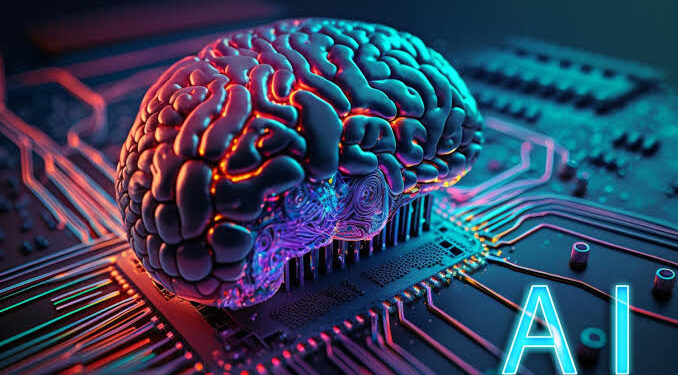By Sumayya Abubakar
The rise of artificial intelligence (AI) in education has been hailed as nothing short of revolutionary. AI promises to make learning more accessible, efficient, and tailored to the individual. It holds the potential to break down barriers of time, geography, and economic disparity, enabling students around the world to access quality education. However, as we stand on the brink of this technological shift, one crucial question looms large: how do we ensure that human agency — the ability to think, choose, and act independently remains at the heart of education in a world increasingly shaped by AI?
As an Nguvu Change leader who grew up in Rimi, a community in northern Nigeria where access to quality education for girls is limited, underfunded, or overcrowded, I see the transformative potential of AI first-hand. Imagine a classroom where every student receives lessons tailored to their strengths, weaknesses, and learning styles, and where teachers are liberated from administrative burdens to focus on the unique needs of each learner. For communities like mine, this could be a game-changer.
While these advancements are exciting, we must not lose sight of the human aspects of education that have always been fundamental to personal and societal growth. Education is not merely about absorbing information; it’s about engaging with ideas, developing critical thinking skills, and building meaningful connections with others. These are qualities that AI, no matter how advanced, simply cannot replicate. Take for instance, the irreplaceable role of teachers. No AI system, no matter how sophisticated, can emulate the empathy, intuition, and moral judgement that human educators bring to the classroom. Teachers do not just impart knowledge; they foster relationships, offer mentorship, and serve as role models. They inspire students to think beyond the textbook, to ask questions that challenge the status quo, and to engage with the world in a meaningful way. While AI can provide information, it cannot instil purpose, passion, or curiosity — qualities that are essential for lifelong learning.
Education is inherently a social experience. The exchange of ideas, debates, collaborative projects, and those spontaneous moments of learning that occur in a classroom are irreplaceable. The bonds students form with peers, the guidance they receive from mentors, and the encouragement they gain from their communities all shape their identities as learners and individuals. AI, by its nature, is a solitary tool. While it can support learning, it cannot create the social environments that foster personal growth and shared understanding.
Human agency also plays a critical role in ensuring that AI is applied ethically and responsibly in education. AI systems rely on data — data that is often collected, processed, and analysed without full transparency. The algorithms powering these tools can sometimes reflect inherent biases, making it even more essential for humans to oversee decision-making processes. Teachers, administrators, and policymakers must work alongside AI systems to ensure these tools are used in ways that are fair, inclusive, and aligned with educational values.
In this new era of automation, we must remember that technology is a tool, not a replacement for human interaction. AI can enhance and expand the possibilities of education, but it cannot replace the human elements that make learning a deeply personal, social, and transformative experience. As we embrace the benefits of AI in education, we must ensure it serves to augment, not diminish, human agency. The future of education in an AI-driven world is not just about smart algorithms or personalised learning paths. It is about preserving the essence of what makes us human: our ability to think critically, make ethical decisions, and engage meaningfully with others. Only by putting human agency at the centre of this technological revolution can we ensure that education remains a force for equity, inspiration, and transformation.




































